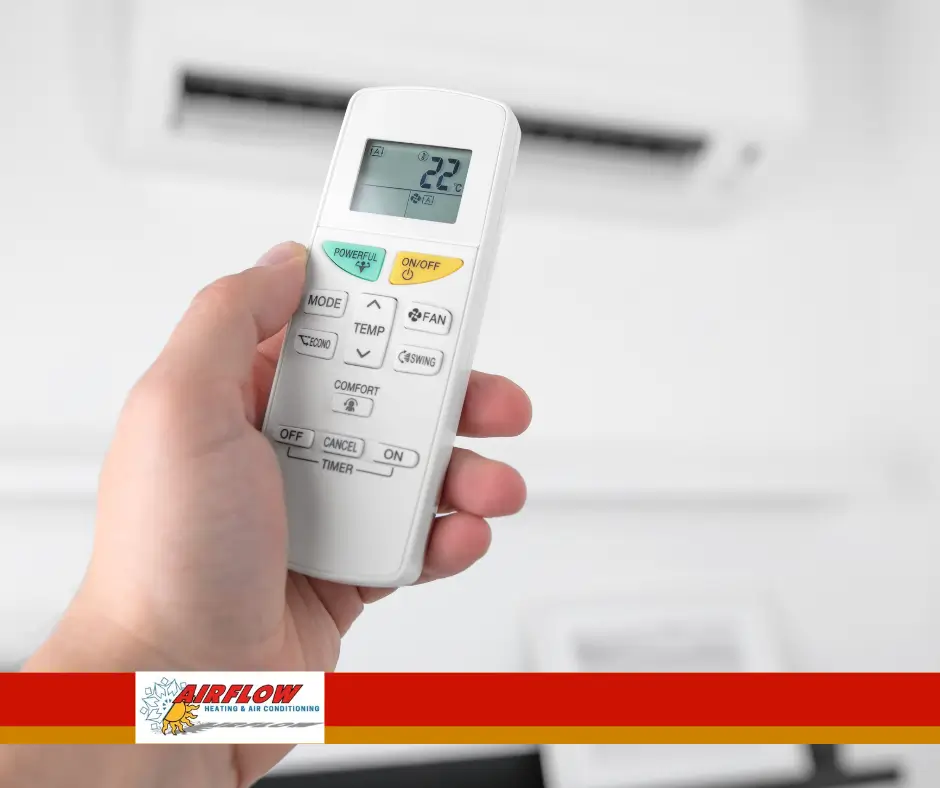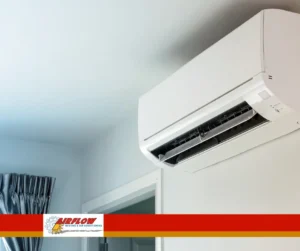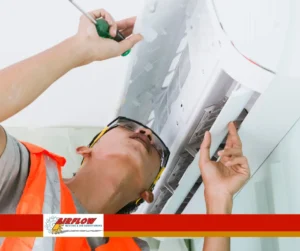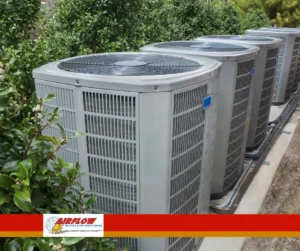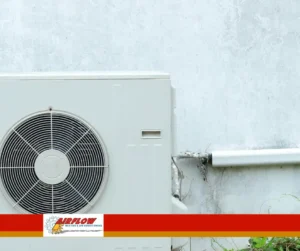Before proceeding with air conditioning installation, assessing your home’s insulation is crucial. Proper insulation ensures that your cooling system operates efficiently, reducing energy costs and improving indoor comfort.
Key Areas to Inspect for Insulation Efficiency
- Attic Insulation: A poorly insulated attic allows heat to seep into your home, making your AC work harder.
- Walls and Crawl Spaces: Gaps in insulation can lead to temperature inconsistencies.
- Windows and Doors: Air leaks around doors and windows can lead to significant cooling loss.
- Ductwork Insulation: Properly insulated ducts prevent cool air from escaping before reaching your rooms.
Signs Your Home’s Insulation Needs Improvement
To ensure an efficient AC installation, look out for these insulation issues:
- High energy bills despite a new or well-maintained AC unit.
- Uneven cooling or frequent temperature fluctuations.
- Drafts near windows, doors, and electrical outlets.
- Excessive humidity levels inside your home.
Types of Insulation and Their Impact on Cooling Efficiency
Different insulation materials affect how well your home retains cool air after an air conditioning installation. Consider these options:
- Spray Foam Insulation: Offers high energy efficiency by sealing gaps and cracks.
- Fiberglass Batts: A cost-effective choice for attics and walls.
- Blown-In Cellulose: Ideal for improving insulation in hard-to-reach areas.
- Rigid Foam Board: Great for basements and crawl spaces to prevent air leaks.
How Proper Insulation Improves Air Conditioning Performance
Enhancing your home’s insulation before AC installation provides several benefits:
- Reduces the strain on your air conditioner, extending its lifespan.
- Improves indoor air quality by preventing external pollutants from entering.
- Lowers energy bills by maintaining consistent indoor temperatures.
Professional Inspection and Upgrades
Hiring a professional HVAC technician to assess your insulation can help optimize your air conditioning installation. They can recommend upgrades like adding weather stripping, sealing duct leaks, and reinforcing attic insulation.
Investing in quality insulation now ensures your cooling system operates at peak efficiency, keeping your home comfortable all year long.
Final Thoughts
Before installing a new AC unit, evaluating your home’s insulation is essential. A well-insulated home enhances cooling efficiency, lowers energy costs, and prevents unnecessary strain on your air conditioner. If you’re unsure about your insulation quality, consult an expert to make the necessary upgrades and enjoy a more comfortable indoor climate.
READ MORE:
The Importance of Ductwork and Ventilation When Installing an AC
How to Assess Your Home’s Cooling Needs Before Installing an AC

